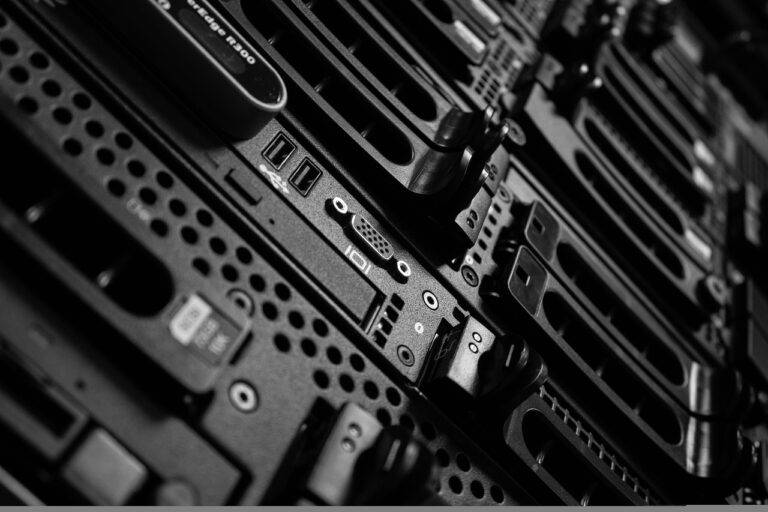Exploring the Future of Wearable Health Technology
Wearable health technology is revolutionizing the way we monitor and manage our health in real-time. From fitness trackers to smartwatches to advanced medical devices, wearable technology is becoming increasingly popular among consumers. In this article, we will delve into the future of wearable health technology and how it is shaping the healthcare industry.
Monitoring Health on the Go
One of the key benefits of wearable health technology is the ability to monitor health metrics on the go. Whether you are tracking your daily steps, monitoring your heart rate during exercise, or keeping tabs on your sleep patterns, wearable devices provide valuable insights into your overall health and well-being.
Personalized Health Data
With the rise of wearable health technology, individuals now have access to personalized health data like never before. By collecting data on everything from physical activity to sleep quality to stress levels, wearable devices can provide valuable information that can help users make informed decisions about their health.
Integration with Healthcare Providers
As wearable health technology continues to advance, we are seeing an increased integration with healthcare providers. Patients can now share their health data directly with their doctors, allowing for more personalized and proactive healthcare interventions. This seamless integration between wearable devices and healthcare providers is transforming the way we approach healthcare.
AI and Machine Learning
Another exciting development in the field of wearable health technology is the integration of artificial intelligence and machine learning algorithms. These technologies can analyze vast amounts of health data collected by wearable devices to provide valuable insights and predictive analytics. By leveraging AI and machine learning, wearable devices can help users detect potential health issues early on and take proactive measures to stay healthy.
Challenges and Opportunities
While wearable health technology holds immense promise, there are also challenges that must be addressed. Privacy and data security concerns, interoperability issues, and the need for regulatory oversight are all challenges that the industry must grapple with. However, these challenges also present opportunities for innovation and growth in the wearable health technology space.
The Future of Wearable Health Technology
The future of wearable health technology is bright. As technology continues to advance, we can expect to see even more sophisticated wearable devices that can monitor a wide range of health metrics accurately and seamlessly. From smart clothing to implantable devices, the possibilities are endless. Wearable health technology is transforming the healthcare industry, empowering individuals to take control of their health and well-being like never before.
FAQs
Here are some frequently asked questions about wearable health technology:
1. Are wearable health devices accurate?
Most wearable health devices are accurate within a reasonable margin of error. However, it’s essential to remember that these devices are not meant to replace medical-grade equipment.
2. How can wearable health technology benefit me?
Wearable health technology can benefit you by providing real-time data on your health metrics, helping you make informed decisions about your health, and enabling you to track your progress towards your health goals.
3. Are wearable health devices secure?
Many wearable health devices have built-in security features to protect your data. It’s essential to choose reputable brands and keep your devices up to date to ensure your data remains secure.
4. How is wearable health technology evolving?
Wearable health technology is evolving by incorporating advanced sensors, AI, and machine learning algorithms to provide more accurate and personalized insights into your health. The future of wearable health technology is exciting and full of possibilities.
5. Can wearable health devices help in early disease detection?
Yes, wearable health devices can help in early disease detection by monitoring changes in your health metrics over time. By detecting subtle changes early on, wearable devices can alert you to potential health issues before they become more serious.





